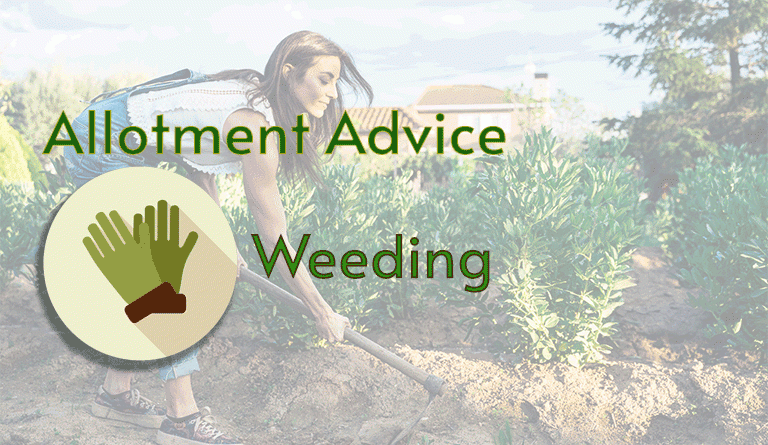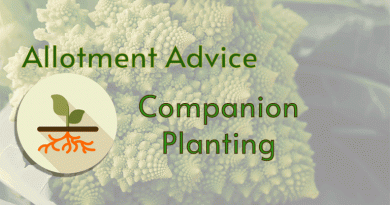Allotment Help – Weeding
Ask any allotment owner and they’ll tell you to keep on top of your weeds. It’s something we all have to do and it’s essential if you want to get the best crops out of your allotment. Garden Without Doors recently posted a great guide for weeding and we recommend you take a look. Even print it out and pop it away somewhere at your allotment if you have a shed or somewhere dry to store it.
Our tips are: Annuals (such as chickweed, cleavers and groundsel) Most, especially when young and before they have set seed, are easy to pull out by hand if the soil is moist. Or they can be hoed off when it’s dry. Annuals that set seed quickly (such as hairy bittercress). They can be hand pulled or hoed, as soon as the seedheads are spotted. Don’t compost them or leave them on the soil surface. Deep-rooted weeds (such as docks and dandelions) Try to remove as much of the root as possible in one piece, (easiest when the soil is wet). Small bits of root will grow a fresh plant, so don’t attack them with a rotavater. You could use a weedkiller containing glyphosate, which will kill the roots as well as the foliage. More than one application sometimes.
Weeds that entwine round other plants (such as bindweed and bryony) Difficult to poison or hoe them without harming the plant they are growing up. Possible to apply a weedkiller gel by hand. Or train them up a cane some distance from your plants and treat them with glyphosate, as above. Weeds that are brittle underground (such as couchgrass) Their roots easily break into many pieces, each of which can form a new plant. Either use glyphosate, or fork and re-fork the ground to remove all traces. Do this well before planting crops, to allow any regrowth to appear and be removed before you plant. A rotavator will not help. Weeds with tough protective surfaces (such as horsetail/marestail) Their tough protective surface can resist weedkillers. If they are bruised but left intact they are more susceptible to glyphosate. Underground bulbils (such as celandines) Later in the season, when you disturb them, they shed their bulbils, which will go on to make fresh plants. So dig them out as early in the year as possible.






